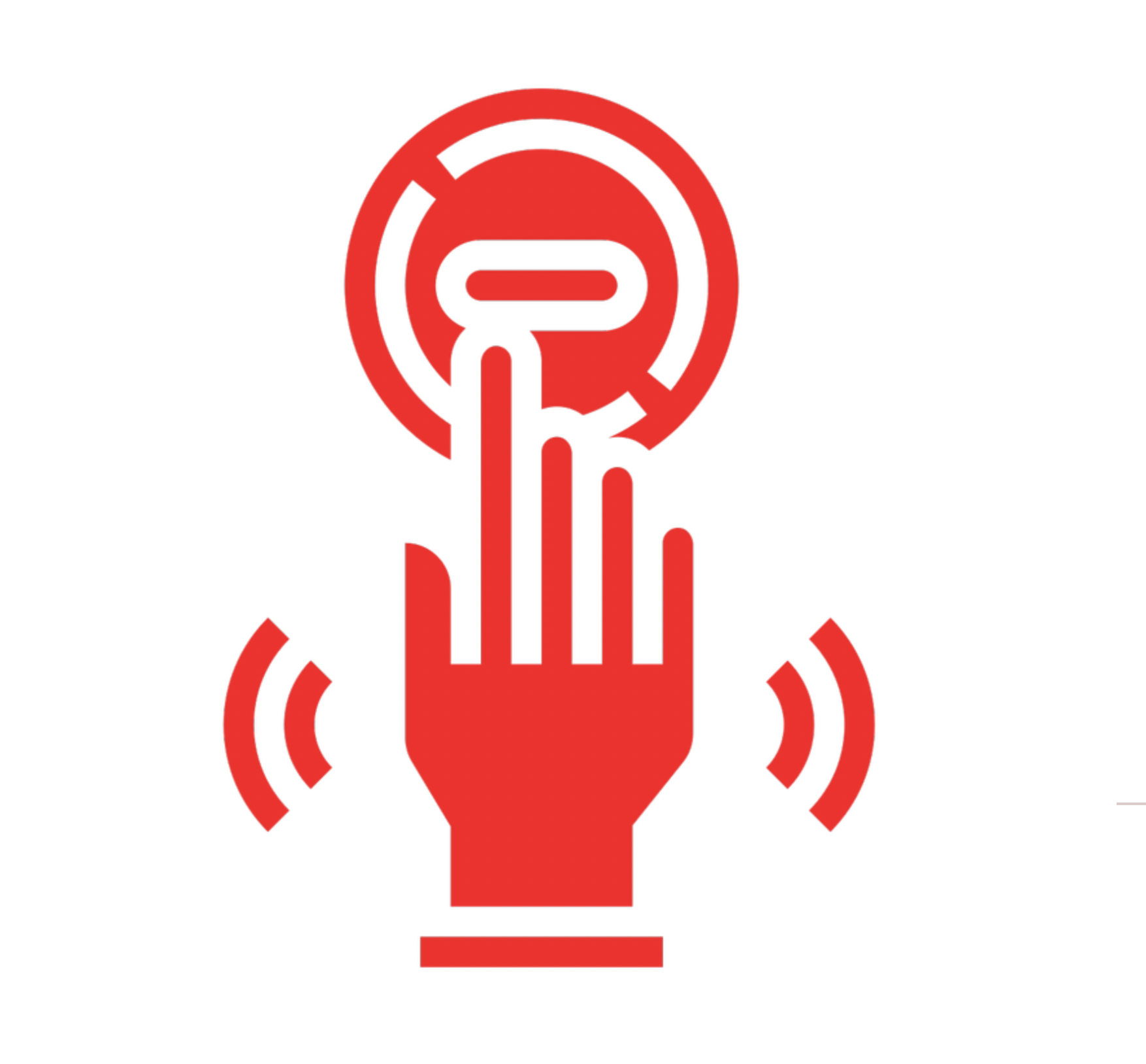Critical Incident Management Toolbox
This CIM toolbox was designed for IFRC Critical Incident Management Teams (CIMT) at the country and regional level.
Click on the icons below to learn more
Tips That Improve Team Performance Under Crisis Conditions
In our experience, crisis teams that don’t start proactively communicating to key stakeholders in the first 30-60 minutes of a critical incident will often fail or underperform because they get flooded with calls and inquiries.
Providing timely, regular and comprehensive updates to stakeholders (right from the start) allows the team to remain focused on resolving the crisis with efficiency. Sending 1 update can prevent a 100 calls/emails, so it’s well worth it…
During critical incidents, time is often a critical factor in ensuring an effective response. By conducting short meetings, teams can gather and exchange vital information efficiently, enabling swift decision-making and immediate action. This approach proves particularly advantageous at the early stages of a critical incident when circumstances and requirements are rapidly evolving.
Establish a regular "meet-communicate-work" cycle (or rhythm) to create structure and predictability, and ensure that vital decisions and information flow smoothly across the organization, fostering a shared understanding of the situation, facilitating coordinated decision-making, and promoting effective response efforts.
Most Critical Incident Management Teams simply don’t train or work enough together to develop the behaviours and communication skills of a “high-performance” team. Establishing ground rules (social contract / team charter) helps a new team to quickly adopt (or mimic) some “high-performance behaviours until they become more natural over time.








Maintain a small core team for critical incidents. Team size significantly impacts incident management performance, yet it is often overlooked. Large teams excel at brainstorming but are slow in decision-making, while smaller teams are action-oriented but lack analytical power and expertise. In a critical incident, we seek the brainpower and collective wisdom of a large group combined with the decisiveness of a small one.